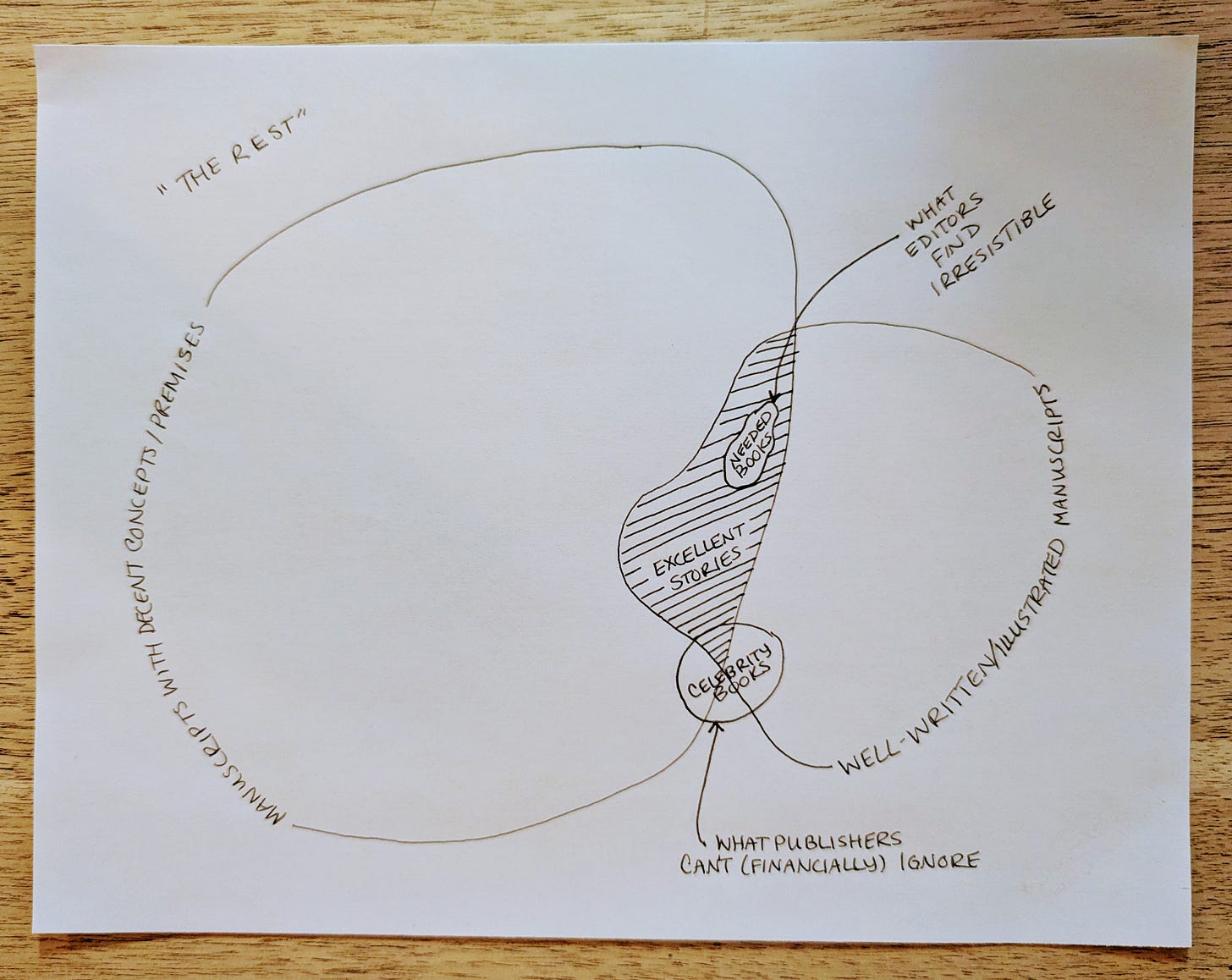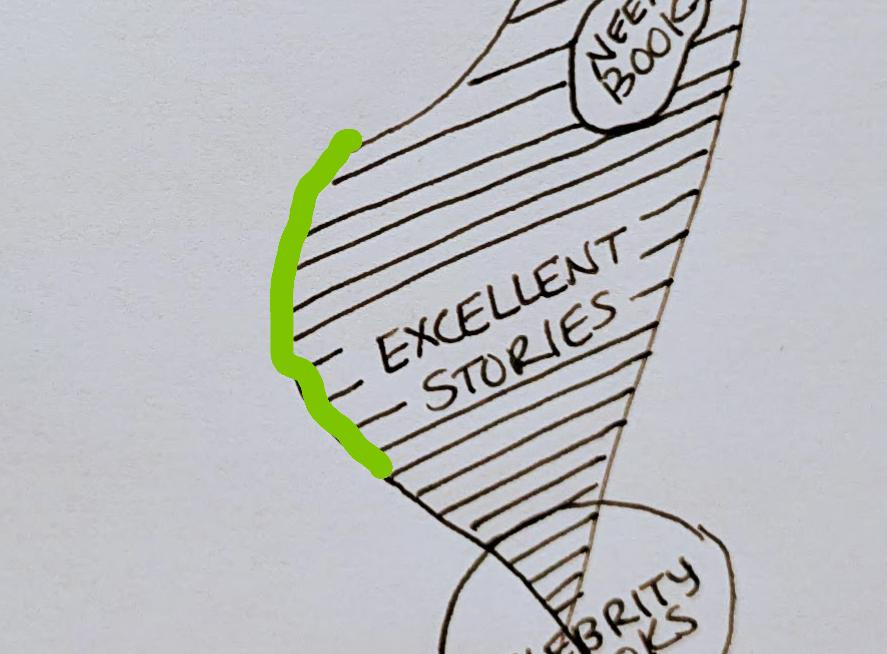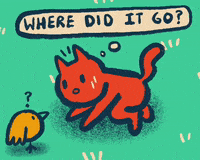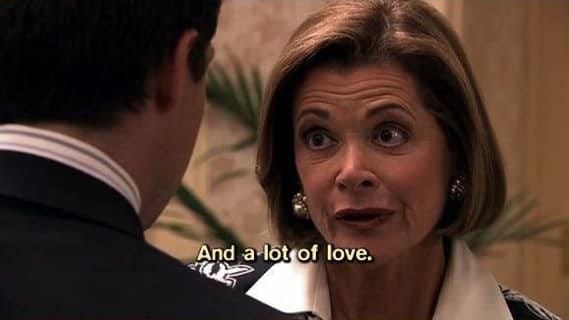📌 It's Not Enough to "Just" Write Well to be Published
The tricky and unfortunate truth
The publishing industry has so many (so many!) hard parts. Just a few include:
seemingly infinite would-be creators (including bots) - publishing house and retailer consolidation - drop-off in print reading (at least in some genres) - high retail book prices (meaning people have to be choosier) - awards-driven book demand (when most excellent books won’t win any) - industry already chockablock with amazing established creators - overworked and underpaid editors - underappreciated and underpaid book sherpas (including agents) - limited book marketing dollars - attention wanes for one book in a crowded market that includes non-books - etc. etc. etc.
Whew. That took me one flat minute; it just flowed. Is that how Billy Joel felt writing this one?
Let’s summarize and say: it’s tough out there.
AND, separately—whatever your definition of it may be—it’s not an easy thing to create an excellent book manuscript, even with all “industry” considerations aside.
Still, I think what’s been toughest for me to wrap my mind around is the vast difference between an excellent book manuscript—and an excellent book manuscript that NEEDS to be published. Because, friends, there is a difference.
I think this is what I mean?

When I started out, I was excited JUST TO WRITE. It was fun! (And it still is!)
Then, I started getting a galloping case of the children’s literature ambitions1 and began to focus more on concept/premise (which was also…very fun!) and less on the kind of “stream of conscious” style writing I typically do when it’s only for me. Of course, I also worked (hard!) on my craft—work that continues, and will continue, as each story is a tough, new assignment—but still (mostly) very fun.
Still, let’s be real: I was (maybe still am) much stronger with concepts and premises. Most of the time, the most challenging aspect is executing: finding precisely the right words (or lack thereof) to nail my premise-based vision.

Here’s the rub. Even a manuscript with an outstanding concept and excellent writing doesn’t really = “book that is needed in the market right now.” There are, simply put, too many excellently-written, well-premised manuscripts already. If you think that’s untrue, look at the output of any one amazing creator you are a fan of, and you’ll see: by themself, they could fill a bookstore shelf (or two, or eight—looking at you, Jane Yolen). Yet even the uber-published aren’t publishing every well-done, polished manuscript they produce.
Instead, to be irresistible to publishers, a non-celebrity2 manuscript needs an underserved market. Part of it comes down to: what is your (eventual) book FOR? Think of your book out and about, exploring the world. Where would you expect it to be? What gifting moments might it be given for? Who might it “hit” hard or enchant?
When they say publishing is not a meritocracy, they don’t mean published books aren’t great. What they mean, I think, is that “needed” books—the irresistible ones that end up at auction—aren’t just great books; they are great books for an underserved market—or that are so great the market will build itself (i.e., either because of award-potential or just out of ‘this feels timeless’ longevity—essentially, backlisting well). Neither of these are easy things!
And, even with an underserved market, an outstanding premise, and excellent execution, there’s going to be a whole lot of wishful thinking (on our part, on our agent’s part, on the publisher’s part). Because even if books about sloths and funny books are sooo needed, and I have a hilarious sloth book, and the publisher buys it…if a sloth attacks a child, or Mo Willems (or even a Real Housewife) comes out with a competing kid’s book, or even a new video game3 that serves the same age of kids comes out that same month, we all know what’s going to happen to the market for my little sloth book.
So, if we want to sell a book (and god knows, we do!), it needs to be pushed as far as we can, AND it needs to get really lucky.
The good news is that we can do the first part—with a whooole lotta work.
Your hard-working friend,
Elayne
My posts are always free, but my focus isn't; if you found this post interesting or useful, please consider ♡'ing it, so I know. Thank you!
Meaning, against all odds, I wanted to be traditionally published.
I know many creators have, well, BIG FEELS about celebrity books, but I think they run the gamut—and some of them are wonderful (especially, I will say, often those written by famous comedy writers)! And, yeah, some, well, are decidedly less so. But what IS certain is that celebrity books draw attention to books as a cultural (and not *just* literary) touchstone, and they tend to sell a whole lot of them (which gives publishers a bit more money to operate with, on even relatively obscure creators). Which is good news for me!
People who write books tend to think of books as competing with, well, other books. And that is undoubtedly true. But book publishers know that’s just the tip of the iceberg, baby. Books themselves are in competition—with TV shows, video games, putt-putt centers, and essentially, any other form of entertainment and learning. Book publishers are essentially always pleading, “Hey, instead of <that>, why not read THIS? Please? Please—take a look at this cover…” Thank goodness for book lovers!





Super helpful to reflect on-thanks Elayne!